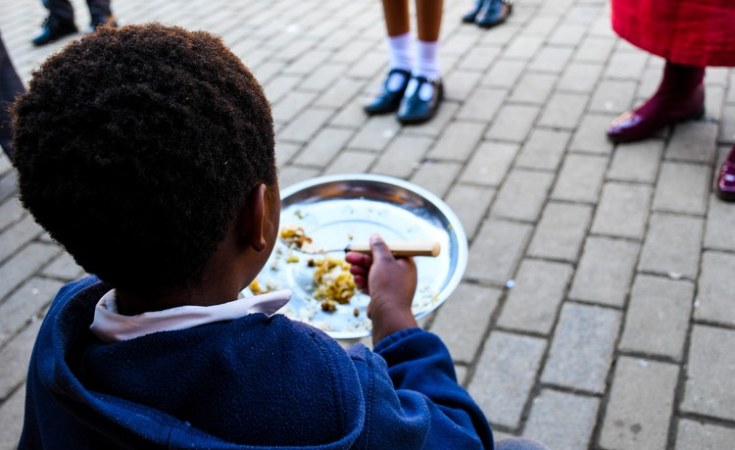The debacle over the controversial school nutrition programme in KwaZulu-Natal is far from over.
Now Ithala Bank has declined loans to service providers contracted by the provincial Department of Education.
The department had identified Ithala as an apt banking institution to help the contractors, so the service providers went to Ithala to apply for loans to buy food for the learners.
The bank's refusal to lend money to the contractors means that the distribution of food to schools will be disrupted yet again.
The school nutrition programme saga in KZN reared its ugly head after the Easter holidays when the company that was previously contracted by the department, Pacina Retail, to supply the school feeding schemes failed to distribute food to the schools.
This led to a public outcry and the matter became a hot political potato.
Since then there has been no end in sight on the matter. Pacina's contract has been cancelled and the company has taken the department to court.
One of the service providers who spoke to Scrolla.Africa on condition of anonymity for fear of victimisation said he was disappointed when his application for the loan to buy food for the learners was declined by Ithala.
"Many service providers who made applications for loans were turned down by Ithala and this disrupts the distribution of food to schools, since many of us do not have cash," he said.
Ithala reputation manager Sitandiwe Dimba said they would not be able to grant loans to the contractors because they do not meet Ithala's requirements.
"As a financial institution we need to satisfy ourselves that people who [borrow] money would be able to pay it back," she said.
Pacina Retail spokesperson Thobani Zikalala said they last delivered food to schools on 2 May.
"Talks are underway between the Pacina Retail legal team and that of the KZN Department of Education over this issue. That is why we had to stop the nutrition distribution until the matter is resolved," said Zikalala.
Pacina originally signed a three-year contract of R2.1 billion to supply nutrition to over five million school children in the province.
Scrolla.Africa reported last month about Mtubatuba communities who are already contributing R20 per parent so that local schools could buy food for the learners.


